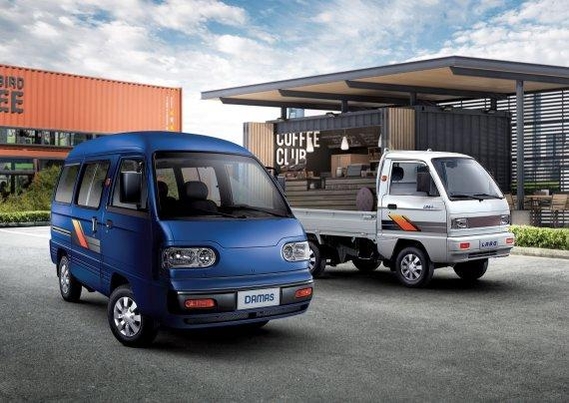Input 2021.02.08 06:00
It has become a model that self-employed people love thanks to the’cost performance’ that costs around 10 million won and requires low vehicle maintenance costs. It belongs to a light car with an engine displacement of less than 800cc, and is exempted from taxes such as individual consumption tax and employment registration tax, and offers discounts on highway tolls, and low maintenance costs because LPG is used for fuel. The loading space is also wider than most sports utility vehicles (SUVs). Damas can be loaded up to 450 kg and Labo up to 550 kg.

Damas and Labo were already in danger of being discontinued eight years ago. As the government’s safety and environmental standards have been strengthened, the production of airbags, headrests, tire pressure warning devices (TPMS), and exhaust gas self-diagnosis devices (OBD-2) terminals, which must be installed, are not installed. .
Small business organizations across the country, such as the Laundry Industry Association and the Deputy Driving Association, who used Damas and Labo, were strongly opposed, and GM Korea resumed production as the government delayed applying some regulations. Afterwards, GM Korea invested 20 billion won to establish a production plant exclusively for small commercial vehicles, and not only small business owners who ride Damas and Labo, but also about 100 partners have maintained their work.
But in the end, production of Damas and Labo was stopped this year. As the discontinuation of Damas and Labo is announced, interest is focused on a model that can replace the two models, but industry evaluation is that there is virtually no model that can completely replace the two models right now. An industry insider said, “In the case of Damas and Lavo, the safety is low, but there was a fixed customer base at a high cost-effectiveness price,” he said. said.

Domestic companies Daechang Motors and Dpico launched electric vans’Dango’ and’Fortro’ respectively targeting the delivery market, and Shinwon CK sells Chinese electric vans and small trucks from Dongpung Socon in China, but not only the price The short driving distance, which is 100km per charge, is also considered a disadvantage.
